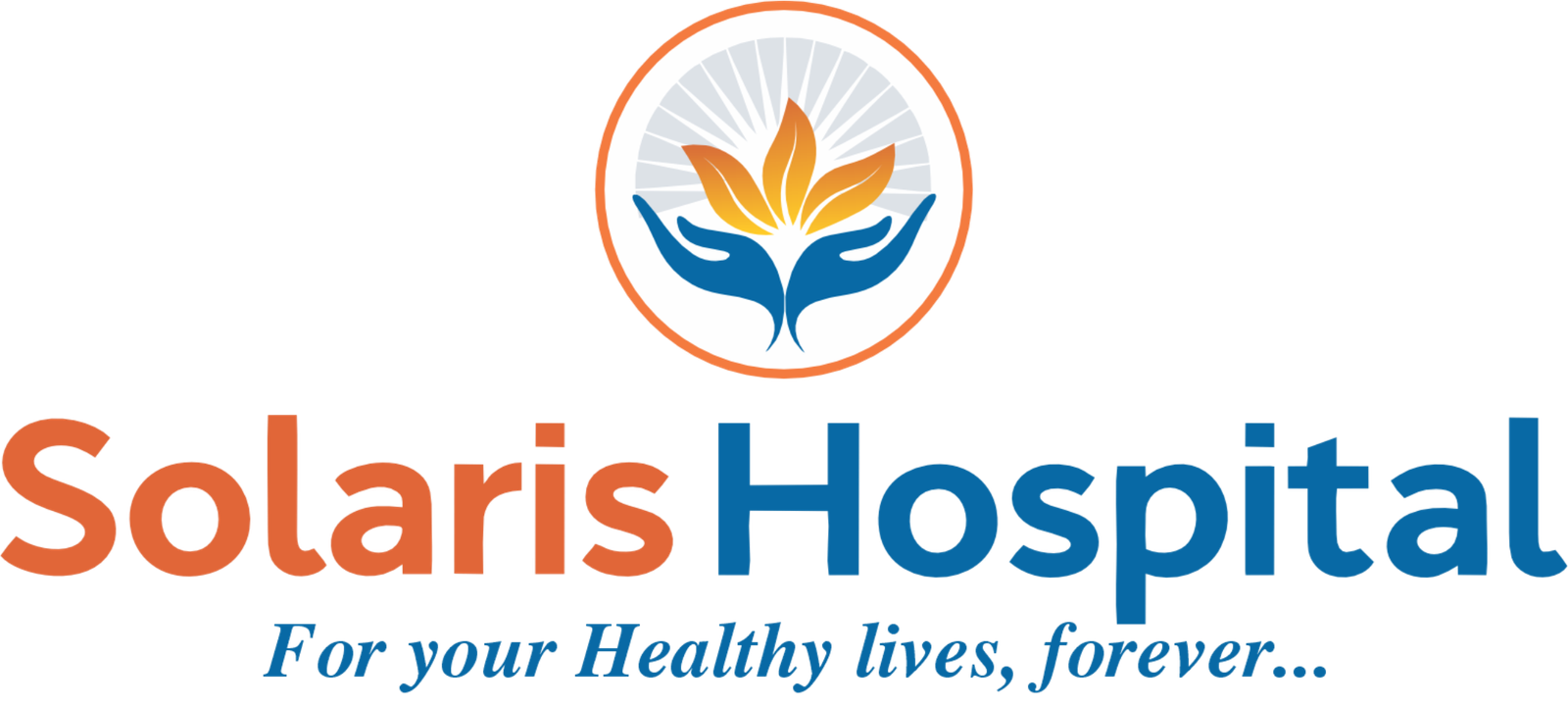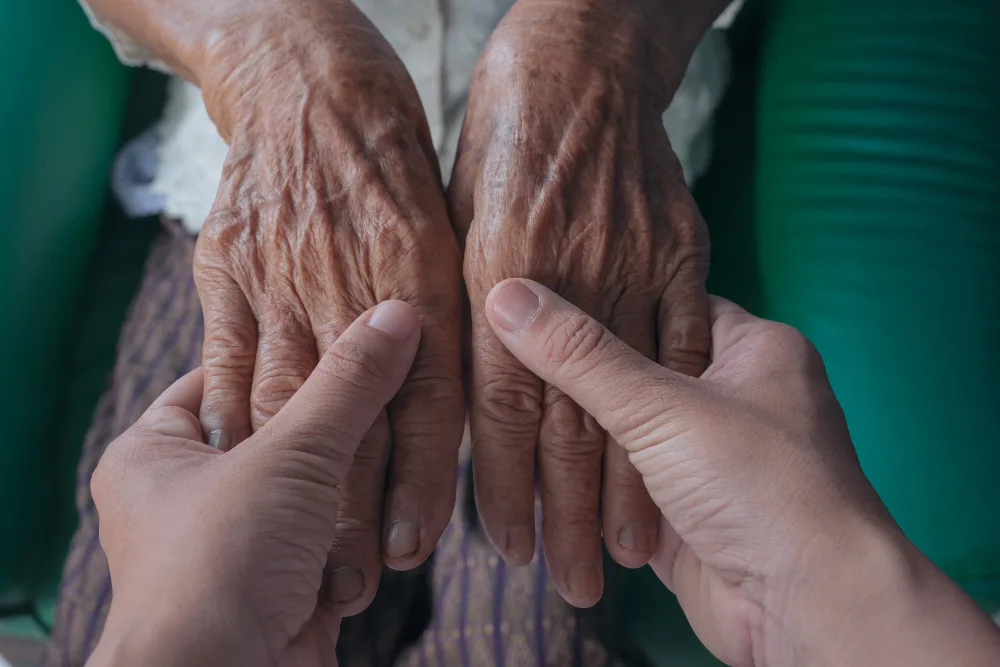GBS is an autoimmune disorder where the immune system mistakenly attacks the peripheral nerves, which connect the brain and spinal cord to the body. This disrupts communication between the brain and muscles, causing symptoms like muscle weakness, numbness or tingling, difficulty walking or moving limbs, and in severe cases, breathing problems due to respiratory muscle paralysis.

